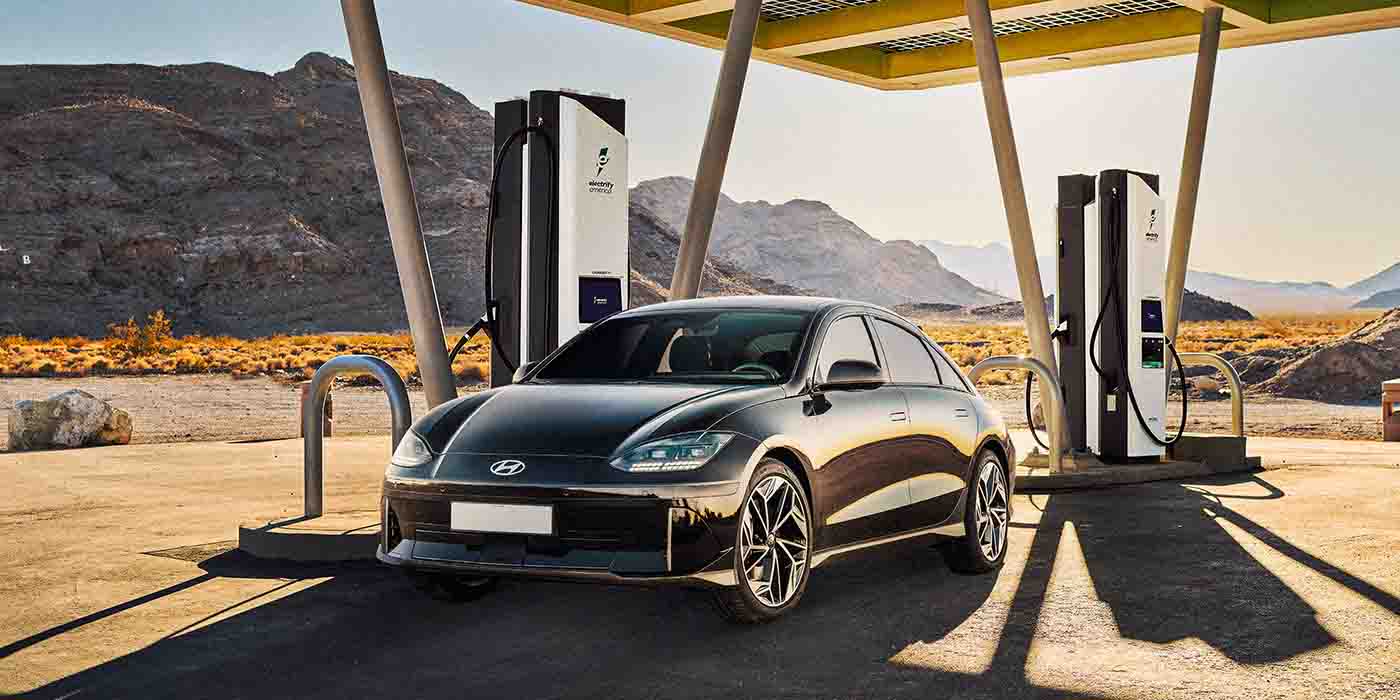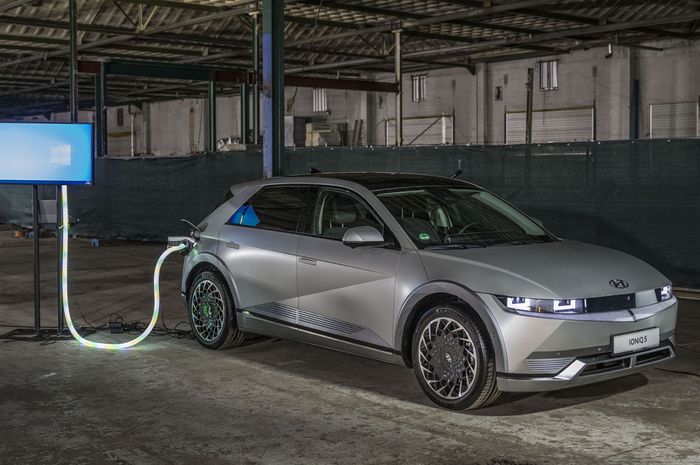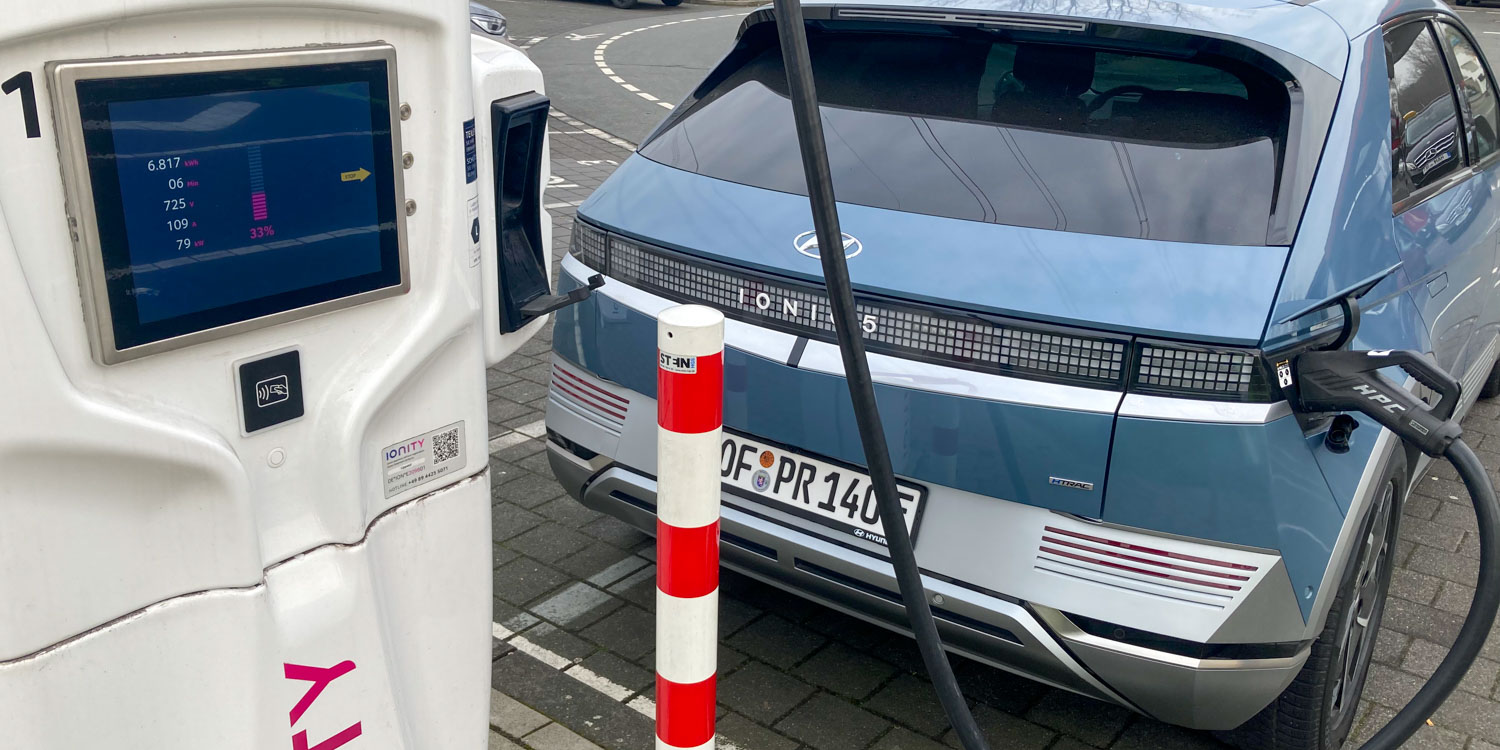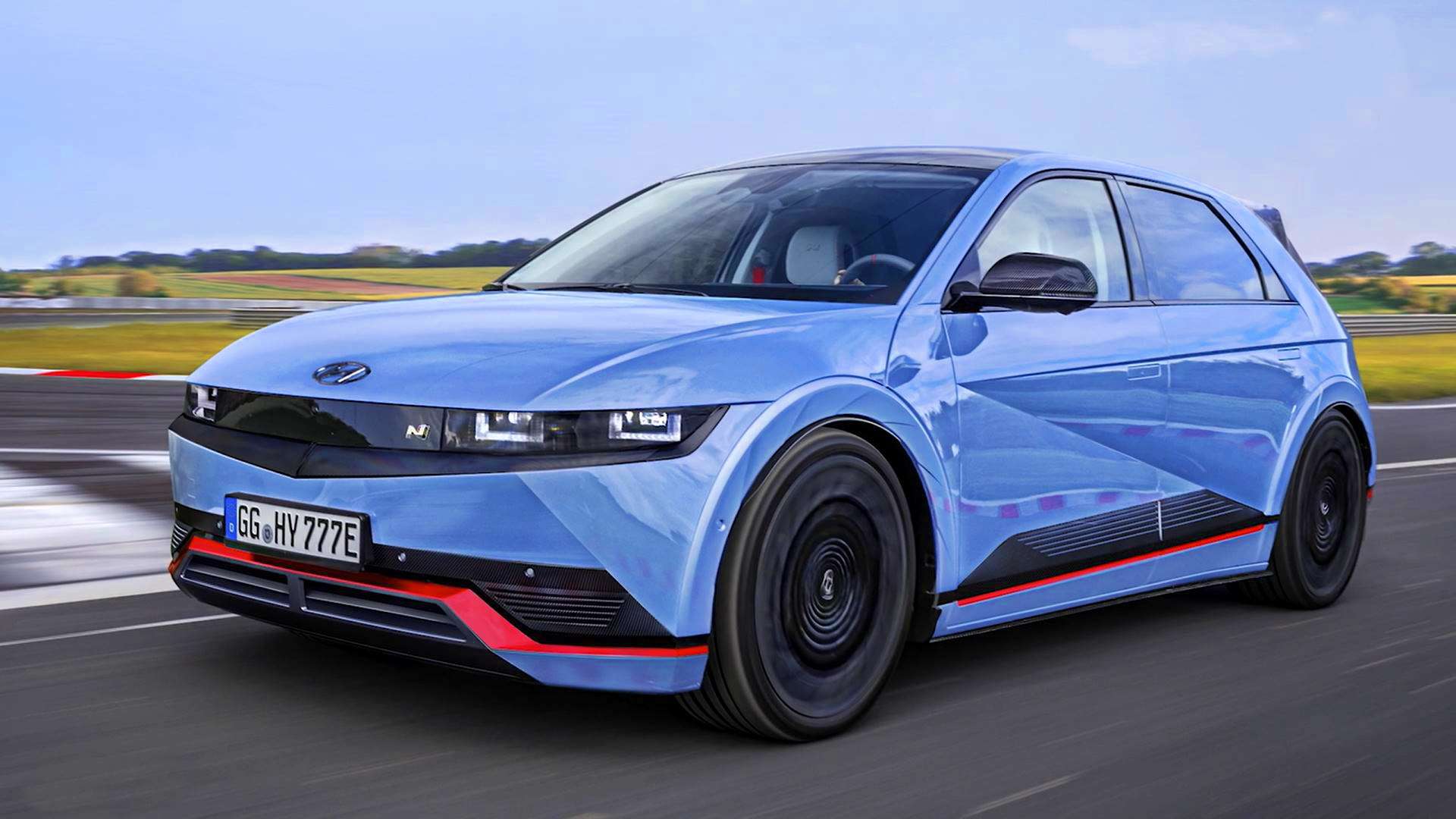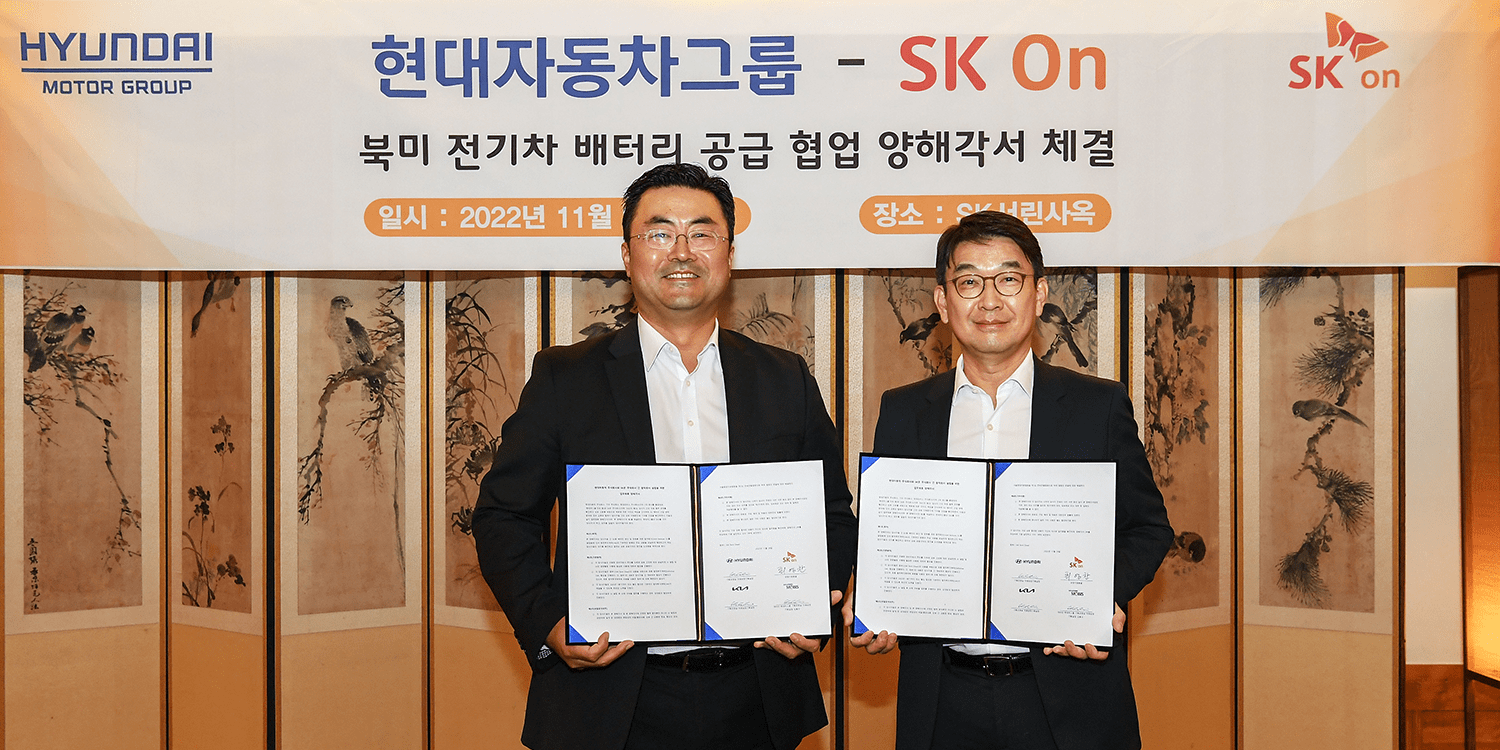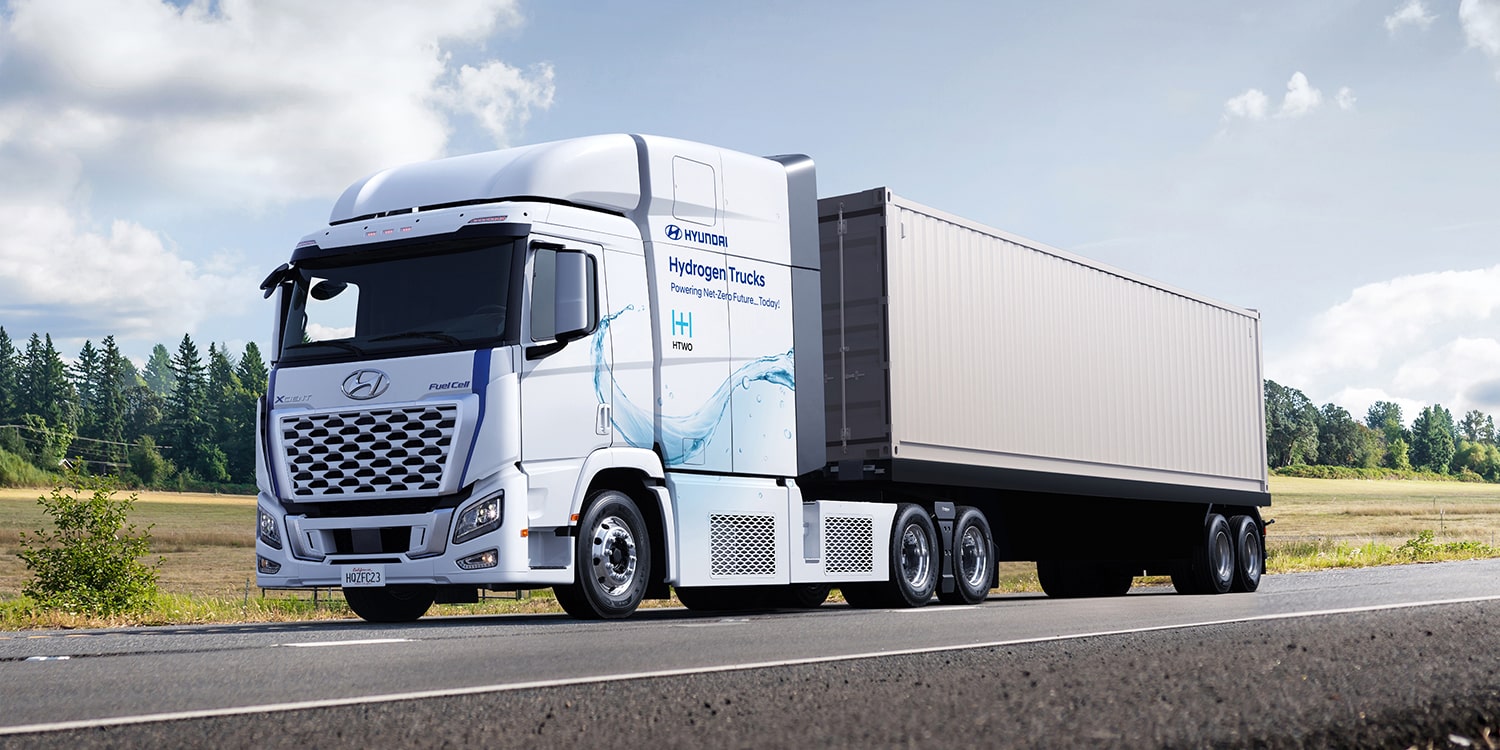Hyundai Motor Group, the parent company of Hyundai Motor, Kia Corp and Hyundai Mobis, announced on Tuesday plans to invest 24 trillion won (approximately $18.14 billion) in South Korea’s electric vehicle industry through 2030. The investment aims to strengthen the company’s position in a segment that is projected to dominate long-term global automotive demand.
The investment plan was unveiled as President Yoon Suk Yeol attended the groundbreaking ceremony for Kia’s first designated electric vehicle plant. The new plant, set to begin production in 2025, is the company’s first in the country in almost three decades.
Hyundai Motor Group plans to expand annual EV production in Korea to 1.51 million units and global volume to 3.64 million units by 2030. Luxury brand Genesis, besides Hyundai and Kia, is also housed within the auto group.
According to a statement by Kia, the company will invest around 1 trillion won for the plant and expects to produce 150,000 units in the first full year, with the potential to expand in line with future market conditions.
South Korea’s government, led by President Yoon, is committed to supporting the auto industry’s transition to the “vehicles of the future”. The government will expand tax benefits for domestic EV facility investment for a five-fold boost in production capacity by 2030.
Last year, the South Korean auto group announced plans to invest more than $10 billion in the United States by 2025 to enhance collaboration with U.S. firms in advanced technology, including a $5.5 billion investment in new electric vehicle and battery facilities in Georgia.
The announcement of the investment plan saw shares of Kia and Hyundai Motor close up 4.9% and 3.3%, respectively, on Tuesday versus a rise of 1.4% in the benchmark KOSPI index.
As the world transitions to electric vehicles, automakers are increasing investments in EV technology and production to meet future demand. According to Hyundai Motor Group’s executive vice chairman, Chung Euisun, “The electrification of automobiles is entering an era of great change. The group is expanding its business into future mobility, which includes electric vehicles, hydrogen fuel cell vehicles, and urban air mobility (UAM), as well as robotics.”

